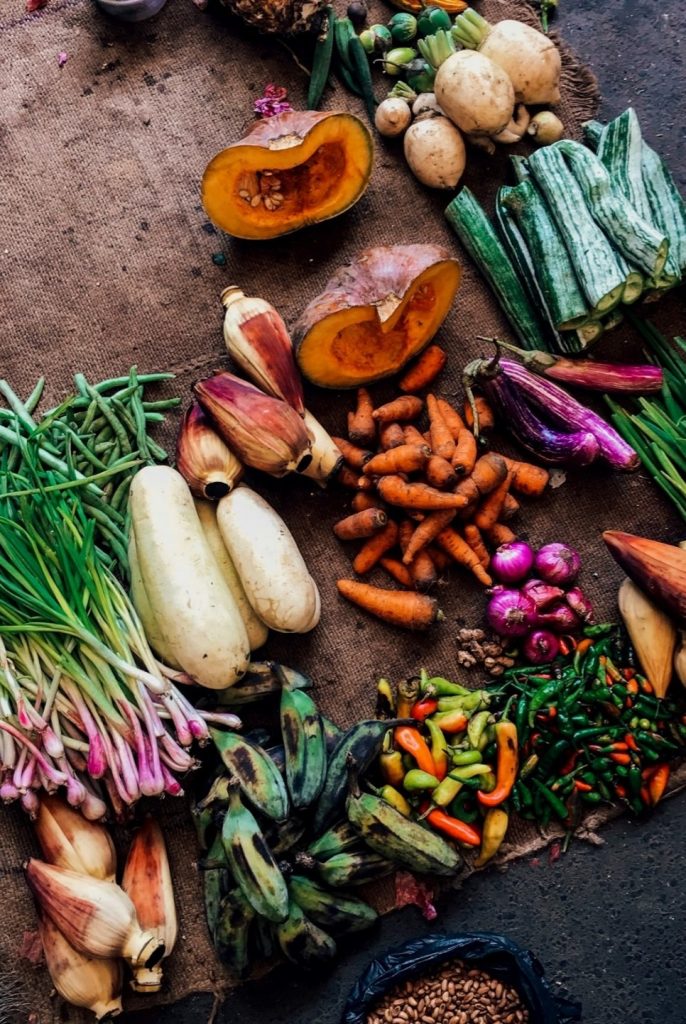WASTEWISE is committed to addressing food waste (FW) as one of today’s most pressing environmental, social, and economic challenges. Aligned with the European Green Deal and the Farm-to-Fork Strategy, WASTEWISE aims to design realistic pathways for FW prevention and reduction, generating co-benefits for climate change mitigation, biodiversity preservation, and a more circular economy.
Food waste occurs across all stages of the agri-food supply chain —from production to consumption. In 2021 alone, the EU generated 58.4 million tonnes of food waste, equal to 131 kilograms per person. This waste corresponded to €132 billion in market value and caused 252 million tonnes of CO₂ emissions. Simultaneously, over 37 million people in the EU cannot afford a quality meal every second day. Tackling food waste is therefore not only an environmental necessity but a key social imperative.
WASTEWISE sets out to develop robust, innovative methods to evaluate the environmental impacts associated with food waste in the EU, with particular emphasis on greenhouse gas (GHG) emissions and biodiversity loss. By gathering and analysing available data and addressing critical gaps, the project will design evidence-based prevention and reduction pathways and identify new innovations to accelerate the EU’s progress toward climate neutrality. Special attention will also be paid to assessing potential rebound effects that may arise from food waste reduction interventions.
WASTEWISE will use its findings to formulate policy recommendations and instruments that support the integration of FW prevention and reduction into National Energy and Climate Plans (NECPs) and other key emission reduction strategies. Ultimately, WASTEWISE envisions a transformation of the food system —one that reduces waste, protects biodiversity, supports climate change mitigation, and promotes sustainable consumption patterns across Europe.

